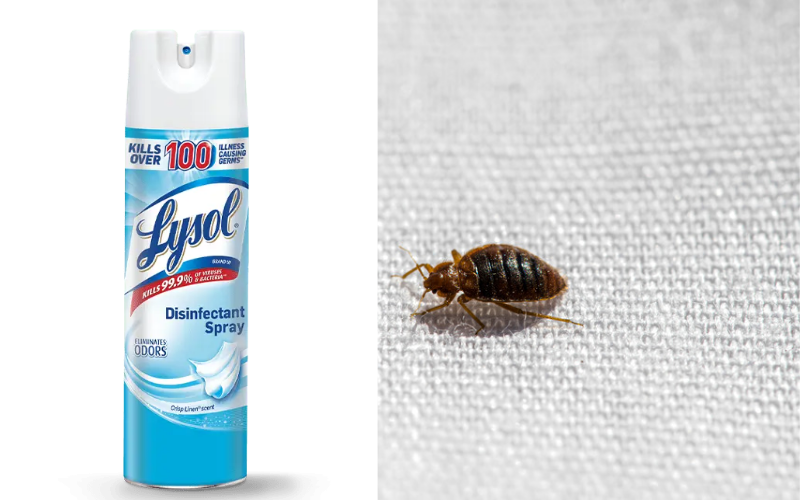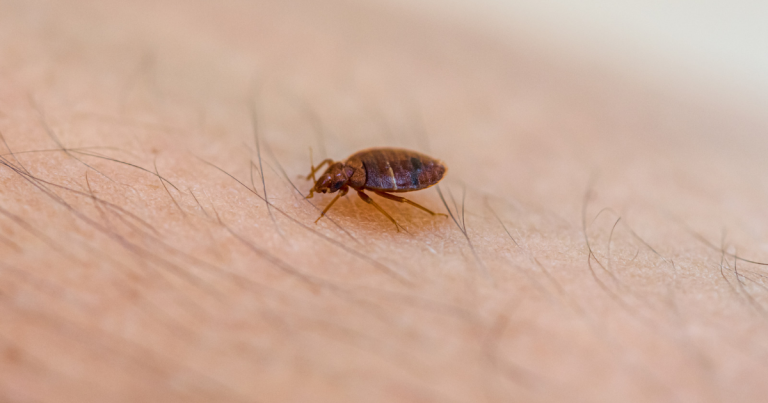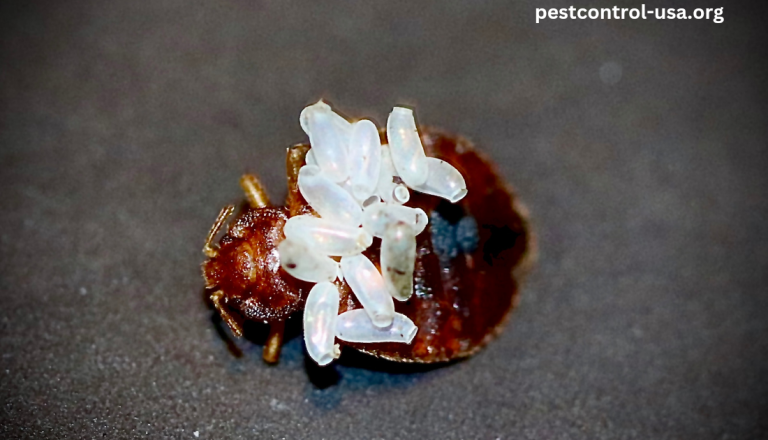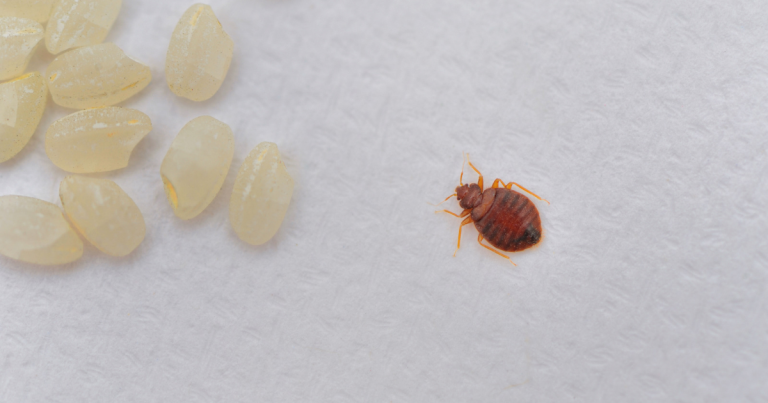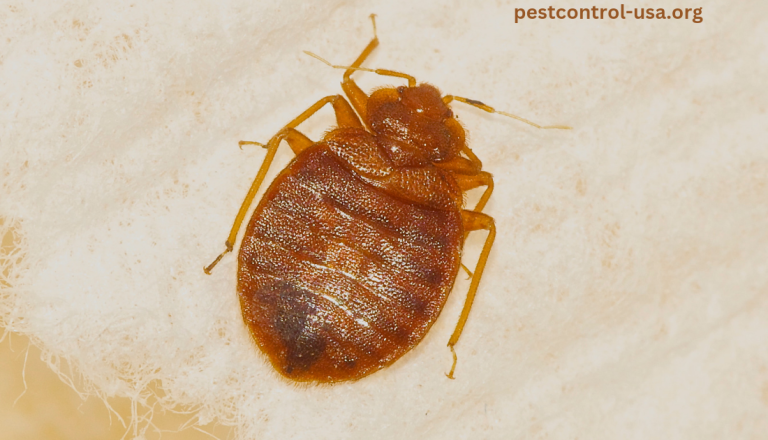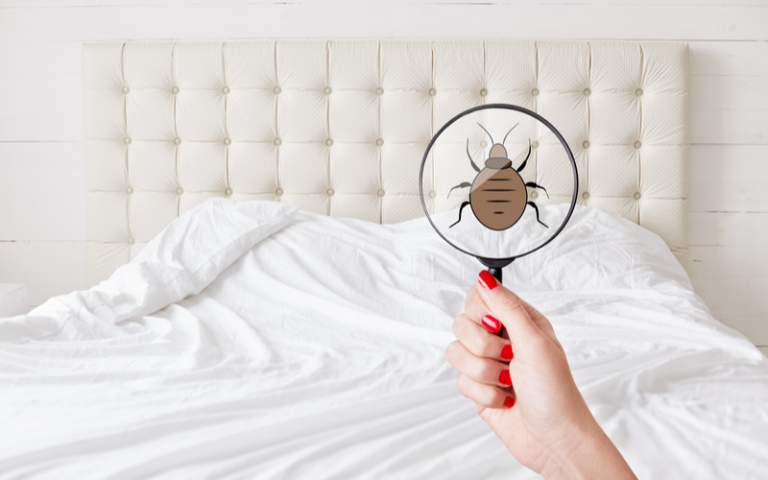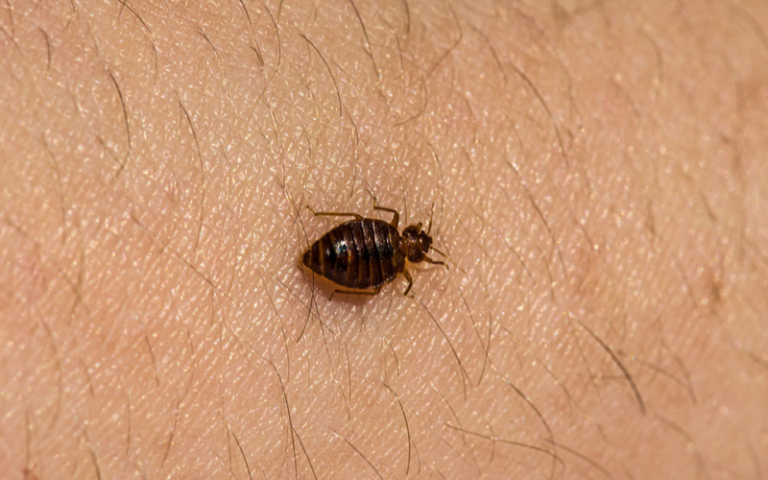Lysol is a brand of disinfectant cleaner used to clean and disinfect surfaces around the home. It contains active ingredients like ethanol, isopropanol, and benzalkonium chloride, which are effective against a wide range of bacteria, fungi, and viruses. But does Lysol kill bed bugs? Keep reading to find out.
What is Lysol and How Does It Work?
Lysol is a household disinfectant that kills germs and bacteria on contact. It contains active ingredients such as alcohol, ethanol, and phenols which have been proven to be effective at killing various types of bacteria, viruses, fungi, and other microorganisms. The active ingredients in Lysol make it an effective cleaner for hard surfaces like countertops and floors.
Lysol Pros And Cons
The pros of using Lysol are that it is easy to find in stores, relatively inexpensive compared to professional extermination services, and it is safe for use around humans and pets when used properly. On the downside, while Lysol may kill some bed bugs on contact, it will not effectively eliminate an entire infestation. Additionally, some studies have found that bed bugs may develop a resistance to certain chemicals over time which means they may become less effective with repeated use.
Safety Of Lysol
Since Lysol contains chemicals like alcohol and phenols which can be harmful if ingested or inhaled in large quantities, it is important to take proper safety precautions when using it in your home. Be sure to read all labels thoroughly before using any cleaning product containing these chemicals. Additionally, if you are using another type of pesticide or insecticidal spray for treating your bed bug infestation, check the label carefully for warnings about potential health risks from exposure or inhalation of fumes from those products as well.
Does Lysol Recommend Using Their Products For Bed Bugs?
No – while this product may help with small infestations of bed bugs in certain situations (such as on hard surfaces), Lysol does not recommend their products for use against bed bugs due to potential safety concerns mentioned above. If you think you have a serious infestation of bed bugs, contact a professional pest control company who can provide more comprehensive treatment options tailored specifically for your situation.
FAQs
Does Lysol spray keep bed bugs away?
While spraying down surfaces with a disinfectant like Lysol may help reduce the presence of bedbugs in certain areas temporarily, there is no guarantee that this will completely eliminate an infestation without professional help from a licensed exterminator.
What Cleaner Can Kill Bed Bugs?
There are many different types of cleaners available which claim to kill bedbugs including sprays containing pyrethrum (a natural insecticide derived from chrysanthemums) or synthetic insecticides such as deltamethrin or permethrin-based products designed specifically for treating pests like fleas and ticks). Always be sure to follow all label instructions carefully when using these products in order to ensure the highest level of safety possible!
Does Lysol Kill Bed Bugs In The Mattress?
While spraying down mattresses with a disinfectant like Lysol might help reduce the presence of bedbugs temporarily in certain cases (especially if there is visible evidence on the mattress surface), this method has not been proven effective at eliminating an entire infestation without professional assistance from a licensed exterminator.
Conclusion
When faced with a potential infestation of bedbugs in your home, it’s important to remember that DIY solutions such as Lysol can be helpful but should only be used as part of an overall strategy developed by professionals who specialize in pest control services. That being said, if you do decide to use lysol, always follow all directions on the label carefully & consult with qualified experts whenever necessary!
Reference
https://www.lysol.com/faqs/
Bed Bugs. (2021)
https://www.epa.gov/bedbugs

